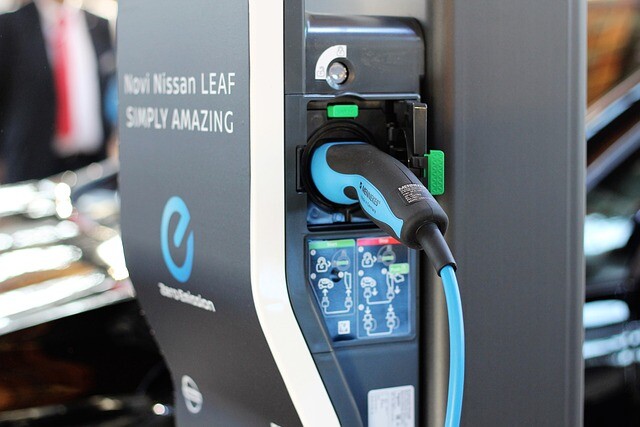Gasoline prices in the United States have not seen high since 2008
On Sunday, the national average price of 95 gasoline in the United States hit a record high of $ 4 ($ 380 / gallon) per gallon in July 2008, according to the U.S. Automobile Association (AAA), The Wall Street Journal reported Monday.

According to an online report by the conservative U.S. economic and political newspaper, the rise in prices was caused by the decision of international trading, shipping and financial companies to withdraw millions of barrels of Russian crude oil from global supply.
This has further boosted the already strong global demand as the global economy begins to pick up after two years of restrictions caused by the coronavirus pandemic. Rising demand for crude oil has also increased global inflationary pressures in a number of sectors, from car manufacturing to maize production.
According to the daily, U.S. oil refining capacity declined dramatically during the economic downturn caused by the coronavirus epidemic. Since the beginning of 2020, U.S. daily oil refining capacity has declined by about 1 million barrels, although previously about 19 million barrels of crude oil were refined daily.
The price of diesel in the United States has also skyrocketed: it has risen by 50 percent last week from a year earlier, and this increase is quickly being incorporated into the cost of truck transport and, through it, the rise in the price of consumer goods.
Meanwhile, Republican Senator John Hoeven in North Dakota has stated that without restrictions on U.S. oil extraction and transportation approved by U.S. President Joe Biden, a North Dakota member state would itself be able to replace the vast majority of Russian oil imports into the United States, U.S. news portal Breitbart reported. .
In a video published in the online edition of the right-wing media, Senator Hoeven recalled that the United States still imports 600,000 barrels of crude oil a day from Russia. By comparison, North Dakota alone is currently capable of extracting 1.1 million barrels of crude oil, but a few years ago it was still 1.5 million barrels. The senator said the decline was due to the fact that the decrees of the current Democratic president and his predecessor, former Democratic President Barack Obama (2009-2017), also restricted oil extraction and transportation in North Dakota.
In 2015, President Obama vetoed the construction of the Keystone XL oil pipeline, already approved by both houses of Congress, which could deliver 830,000 barrels of oil a day from Canada to the United States today, citing environmental concerns and protecting the rights of Native Americans.
The senator stressed that repealing President Biden's decree could not only eliminate Russian oil imports to the United States and weaken the Russian economy, but also ease European countries' dependence on Russian natural gas by increasing U.S. LNG capacity to Europe.
A letter addressed to lawmakers by Nancy Pelosi, the Democratic party chairman of the House of Representatives, will be made public on Sunday night. The letter reveals that the U.S. House of Representatives is considering passing a law banning imports of Russian oil and other energy products because of the war in Ukraine.
The Speaker stressed that they are working on a strict law that would further isolate Russia from the global economy.
According to Pelosi, the proposed legislation would end trade relations with Russia and Belarus and launch a process to exclude Russia from the World Trade Organization (WTO).
(Source: autokalauz.co.hu; MTI | Image: pixabay.com)




















